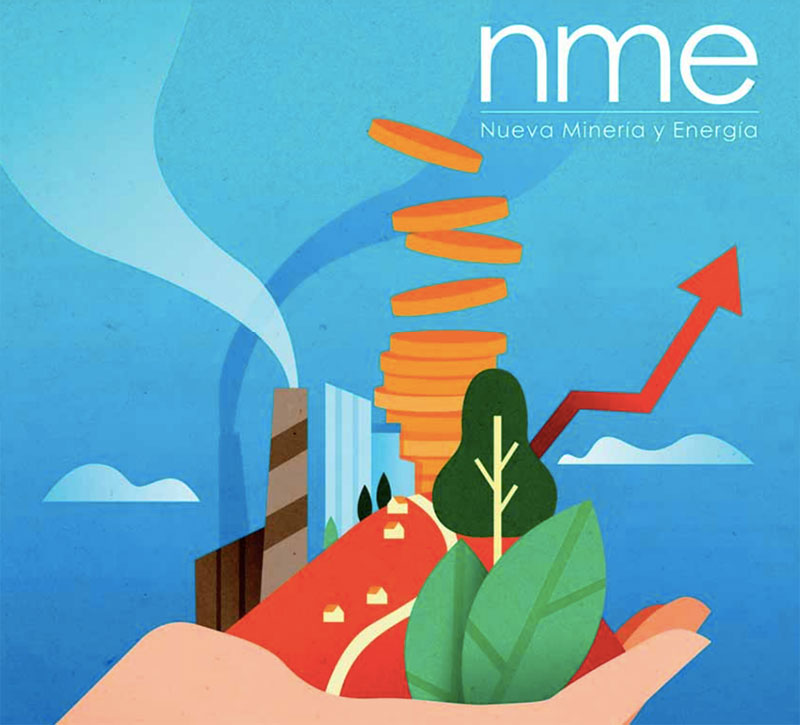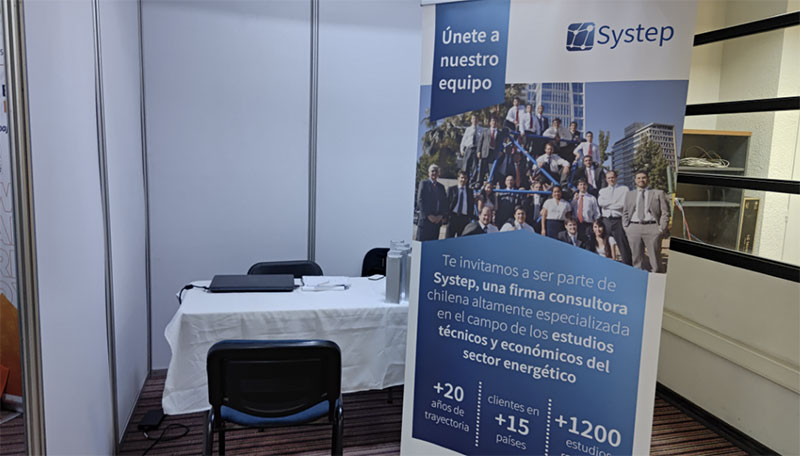
Source: Electricidad Magazine
The consultant’s analysis on the impact of covid-19 on the industry indicates that, with a dollar over $850, the limit of unpaid balances of electric companies will be “reached between the second half of 2021 and the first half of 2022”, so it is argued that, if the economic impact is prolonged, the authority should re-evaluate this situation.
The consulting firm Systep Engineering raised the possibility that the energy sector authorities may consider extending the electricity tariff stabilization mechanism in the future in the event that the economic impacts on industry are prolonged due to the current covid-19 pandemic, which has reduced productive and service activities, affecting electricity demand.
When analyzing the impacts of the health crisis, it is mentioned that the pressure on the companies in the sector is due to the price stabilization mechanism that was implemented after the social outbreak at the end of last year.
“Due to the stabilization of energy and power tariffs paid by regulated customers, part of these companies have already accumulated over 375 MMUS$ in unpaid balances as of December 2019. While such stabilization is a great help for customers, it will be applied until reaching a limit of unpaid balances of 1,350 MMUS$. According to figures published by the CNE, 28% of this limit has already been reached in December 2019, while it is projected to reach 43% by the middle of this year”, states Systep’s April report.
And it adds: “According to our estimates, if the exchange rate remains above 850 CLP/USD, the limit will be reached between the second half of 2021 and the first half of 2022. Therefore, if the economic aftermath lasts until next year, the authority could evaluate the extension of this mechanism, but first it will have to carefully consider the effects for both generators and customers”.
The document also indicates that the reduction in electricity demand is detrimental to generating companies, which is added to lower revenues due to the stabilization of energy tariffs, in addition to possible subsidies to the most vulnerable regulated customers, in the context of the pandemic.
“The Covid pandemic, coupled with the social crisis, has changed the future outlook for the Chilean electricity sector. The drop in economic growth projections will cause a reduction in the investment plans of companies in the sector. Additionally, a lower growth in electricity demand is expected in the short term; by 2020, an average contraction of 2% of the GDP is expected, and a drop in electricity demand. Finally, companies will receive less income in the short and medium term as a result of the postponement or temporary reduction in electricity bills”, states the Report.




